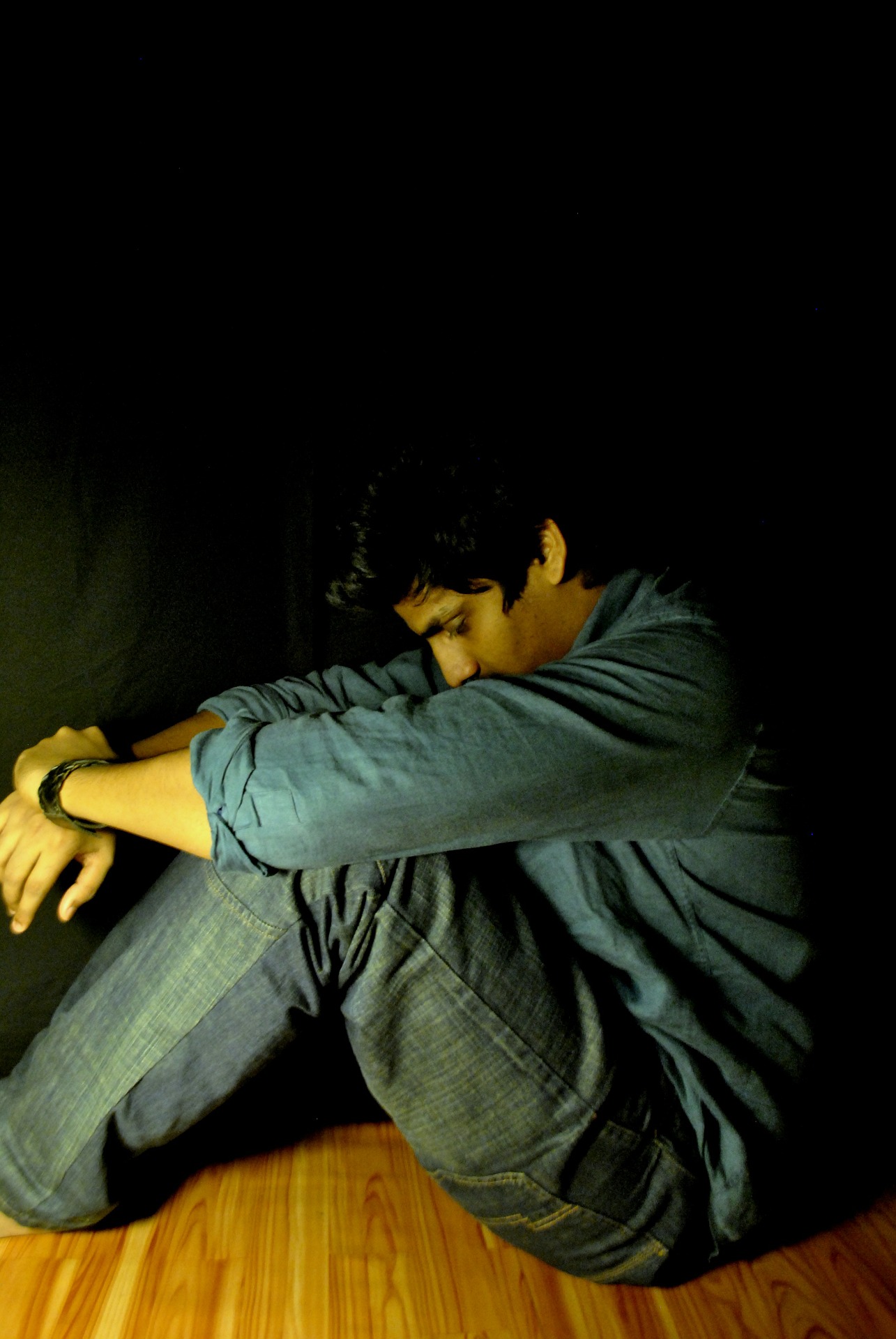You may be aware of the short-term effects of oxycodone, but when abuse and addiction are involved there are other symptoms to watch out for.
Signs of Oxycodone Use That Indicate Addiction
Oxycodone is an opioid drug prescribed to treat moderate to severe pain. Due to its powerful, euphoric, pain-relieving effects, oxycodone can lead to addiction even when used short-term. Knowing signs of oxycodone use that indicate problems with addiction can help save your life, or that of a loved one struggling with the life-threatening disease.
Are you suffering from oxycodone or painkiller addiction and aren’t sure where to get help? Call our 24/7 confidential helpline at 800-934-1582(Sponsored) to speak with a trusted drug abuse counselor who can connect you with local addiction treatment centers.
Using Oxycodone As Prescribed
When used as prescribed, oxycodone can relieve severe pain caused by injuries, surgeries, or serious health conditions such as cancer. Many times, oxycodone is prescribed for short-term use due to its highly addictive nature. Those who use oxycodone for longer periods of time may have their doses gradually tapered by doctors to avoid cravings and withdrawal symptoms.
Oxycodone is a painkiller that offers the following effects when used as prescribed:
- Euphoria
- Pain relief
- Sedation
- Reduced anxiety
- Extreme relaxation
Signs of Oxycodone Abuse and Addiction
Opioid addiction can lead to changes in your mood and behavior, as well as one or more physical changes that increase your risk for serious health problems. Most long-term opioid users develop a physical dependence on the drug, as well as a tolerance — meaning larger doses are often required to achieve euphoria. This increases your risk for an overdose, especially when you use more oxycodone than your body can handle.
Mood and behavioral signs of addiction:
- Increased anxiety
- Constant euphoria
- Irritability
- Psychosis
- Decreased motivation
- Depression
- Hiding oxycodone from others
- Stealing oxycodone
- Taking more than prescribed
- Crushing, chewing, or snorting oxycodone
- Spending excess time using, obtaining, and recovering from oxycodone
- Neglecting school, family, or work
Physical signs of addiction:
- Increased energy levels
- Increased heart rate
- High blood pressure
- Heightened alertness
- Loss of appetite
- Insomnia
- Heightened sexual arousal
Getting Help for Oxycodone Addiction
There are several available treatments for oxycodone addiction, depending on your personal needs and preferences, or those of your loved one. Oxycodone addiction is commonly treated at drug rehab centers, and at opiate and drug detox centers.
Medication-assisted treatment is highly effective at treating opioid addiction, and involves the use of medications that reduce oxycodone withdrawal symptoms. When combined with counseling and therapy to overcome the psychological aspects of addiction, these medications help recovering addicts function normally from day to day without going through withdrawal.
Oxycodone addiction can also be treated using medical detox. With medical detox, you withdraw from oxycodone under direct medical supervision, and receive medications to manage certain withdrawal symptoms. For instance, your physician at the detox center may prescribe medications that reduce nausea and vomiting.
If you or someone you love is struggling with oxycodone addiction, understand that help is just one phone call away. Call our 24/7 confidential helpline at 800-934-1582(Sponsored) to speak with a drug abuse counselor about signs of oxycodone use that signal addiction, and to learn more about local rehab centers that can help.
the Take-Away


